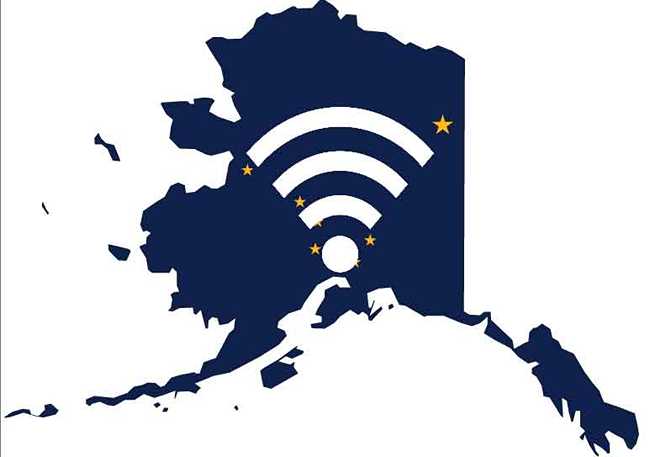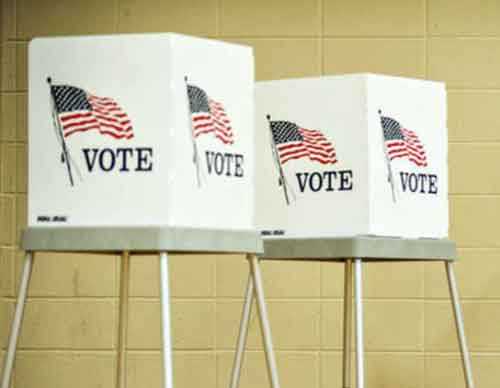The "Fiscal Cliff" looms ever closer as the lawmakers go back to work today. That automatic $600 billion tax increase and spending cut that was agreed on in 2011 is due to take effect in January if Congress doesn't come up with a deal or a delay for the mandated package.
The mandate was created initially set up to force the lawmakers to come together and reach an agreement on the budget deficit after talks had failed. Neither side of the aisle wants the harsh measures to take place, but Democrats are looking for a deal that will increase the tax burden on top earners. The Republicans on the other hand would like to see a deal that keeps lower tax rates on those earners in place. The Democrats are hoping to move soon in order to take advantage of the political momentum of Obama’s re-election, Republicans will want to hold off as long as possible, waiting for the country to move closer to the $16.4 Trillion debt limit which is another forcing event.
|
|
Failure to come to a reasonable deal on the mandate may hit the U.S. economy so hard that the country may sink into another recession during the first part of 2013 as tax increases take effect after the end of the year. The increase in taxes for middle income families could be as high as an extra $2,000 according to the Tax Policy Center. The Congressional Budget Office estimates that up to 3.4 million jobs could be lost and unemployment could shoot up to 9.1%.
President Obama said that he would work with Republicans on a deal to avert those predictions, but also said he would veto any bill extending tax cuts for income over $250,000. Republican House Speaker John Boehner says any deal must reduce tax rates and the expiration of the tax cuts for high income Americans would slow job growth.
Obama says his re-election shows that Americans prefer his plan that would extend tax cuts for families making less than $250,000 a year.








